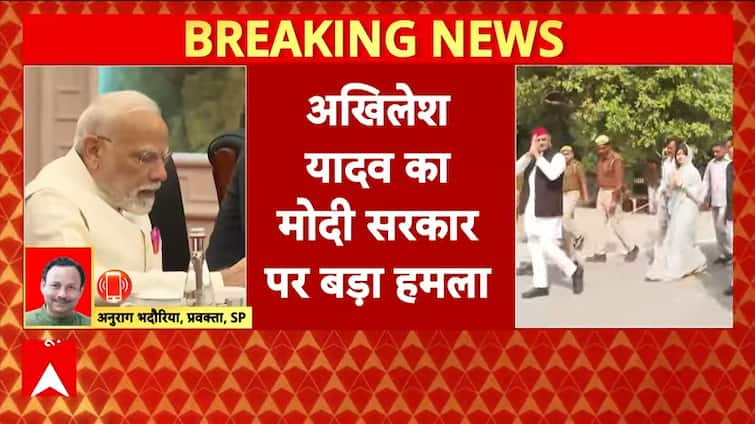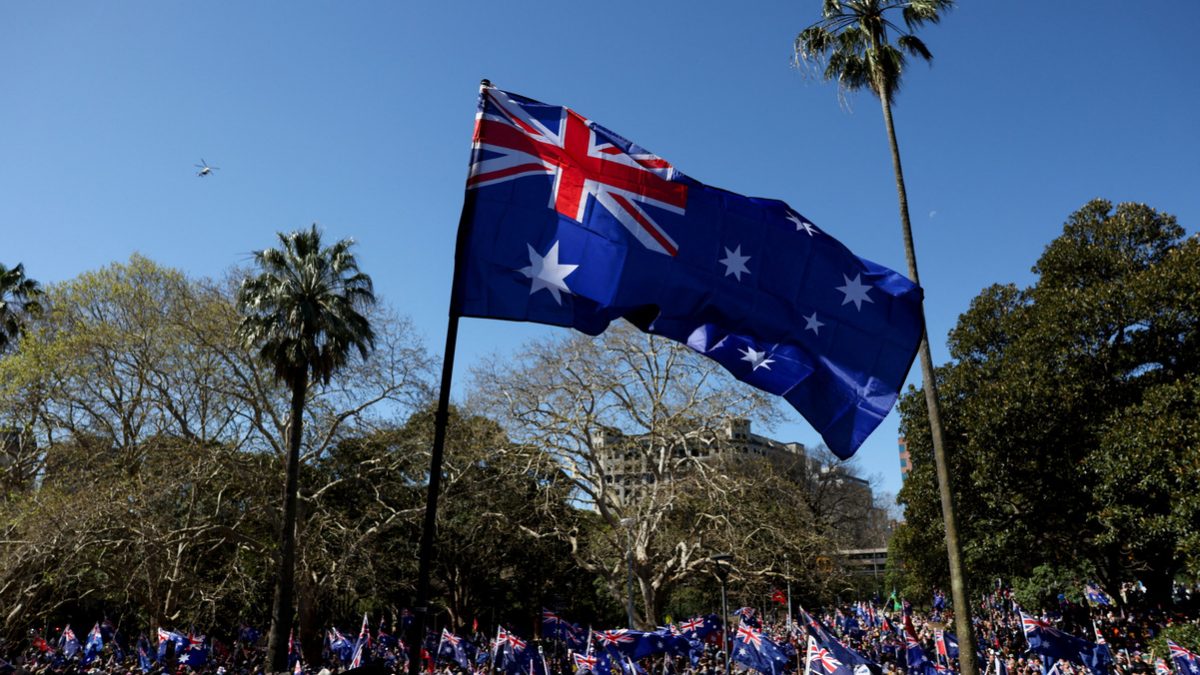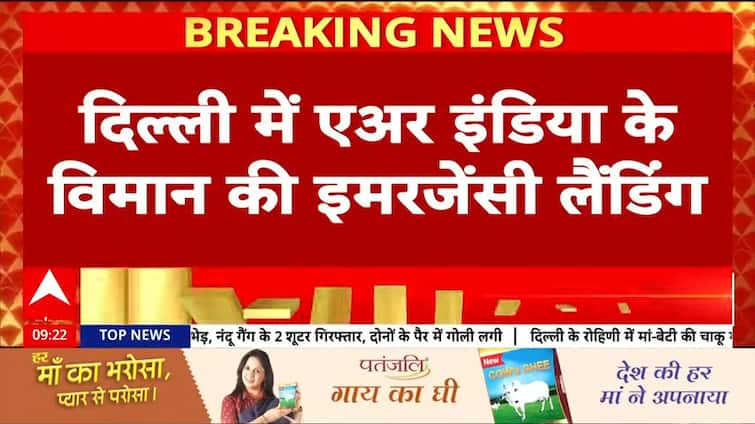Following the highly anticipated meeting between Indian Prime Minister Narendra Modi and Chinese President Xi Jinping in Tianjin, Samajwadi Party chief Akhilesh Yadav has launched a sharp critique of the Modi government. Posting on X (formerly Twitter), Yadav warned that increasing closeness with China could lead to a surge of cheap Chinese goods flooding Indian markets, severely impacting local industries and accelerating unemployment. Yadav argued that while diplomatic engagement is necessary, blind trust in China is dangerous, citing past betrayals and border tensions such as the Galwan Valley clash. He emphasized the importance of self-reliance, urging the government to strengthen domestic manufacturing rather than becoming dependent on foreign imports. In response, BJP spokesperson Pradeep Bhandari defended the government’s approach, stating that India engages with all nations from a position of strength and strategic autonomy. He highlighted the success of the PLI scheme and India’s emergence as the world’s second-largest mobile exporter as proof of a balanced economic strategy. The debate reflects deeper concerns over India’s economic sovereignty and geopolitical positioning. As Modi calls for mutual respect, trust, and sensitivity in international relations, the domestic political opposition questions the cost of such diplomacy.


)
